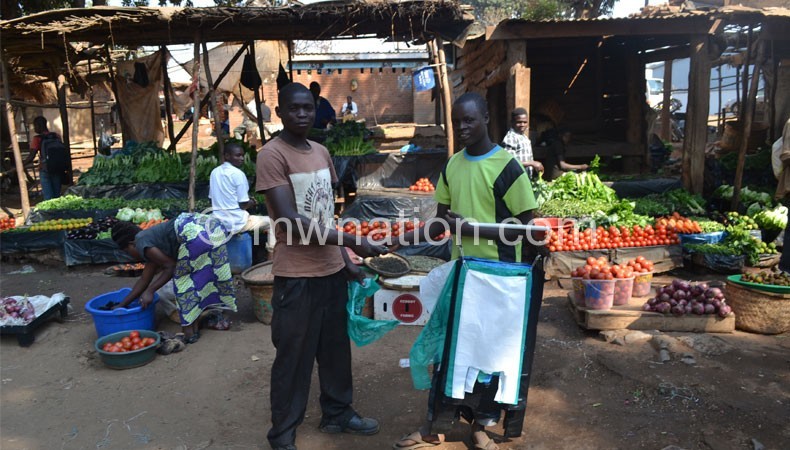Inflation averages 23.7% in 11 months
Malawi’s headline inflation rate in 11 months, January to November 2014, averaged 23.7 percent, according to Business News calculations, raising hopes that authorities would beat the set inflation target for 2014.
Reserve Bank of Malawi (RBM) forecast that consumer prices would average 25.4 percent while Treasury has projected that inflation rate would average 19.6 percent in 2014.

RBM spokesperson Mbane Ngwira corroborated yesterday that the annual average rate would likely average around 23 percent.
Business News analysis shows that in January 2014, year-on-year headline inflation rate was 25.9 percent, before slowing down to 24.6 percent in February and further decelerated to 24 percent in March.
In April, the trend, according to National Statistical Office (NSO) data, shows that the rate of inflation declined further to 23.9 percent before falling to 22.6 percent in May. It eased by 0.1 percentage points to 22.5 percent in June and slowed down further to 22.3 percent in July.
However, the trend made a U-turn in August when inflation rate quickened to 24.5 percent, before slowing down to 23.7 in September, [23.3 percent in October and back to 23.7 percent in November].
Ngwira said the central bank was comfortable with the average rate of 23.7 percent in 11 months, hoping to beat the set target.
“Earlier, we projected that inflation rate would average 16 percent in 2014, but due to some developments in the economy, we revised the figure to 25.4 percent and most likely the annual rate will average around 23 percent,” he said.
In recent months, increases in food prices due to the commencement of the lean season, a sharp depreciation of the kwacha in September and the recent adjustment of fuel prices have exerted inflationary pressures.
In a latest economic review for October 2014 released at the end of 2014, RBM said looking ahead, inflationary pressures will likely resurface largely emanating from increasing food prices due to the seasonal scarcity of maize nationwide and depreciation of the kwacha.
“The recent adjustment in fuel prices will also trigger upward adjustment in prices. The recent upward adjustment of the policy rate is, however, expected to contain the inflationary pressures,” said RBM.
Last month, International Monetary Fund (IMF) reiterated that Malawi’s rate of inflation remains high, urging authorities to tighten further both monetary and fiscal policies.
The fund described inflation as a worst tax on the poor and those people with fixed income.





